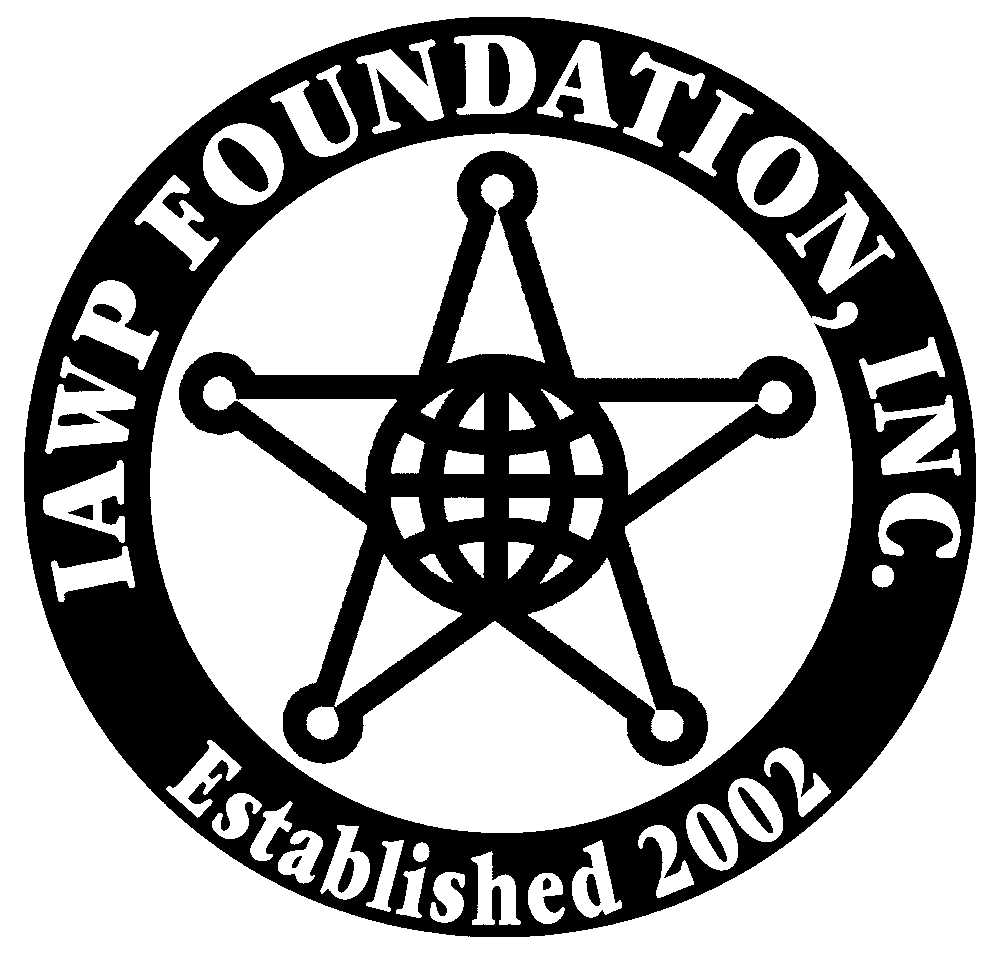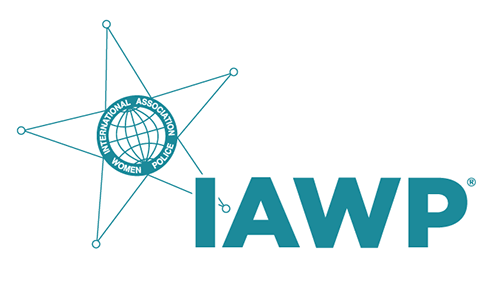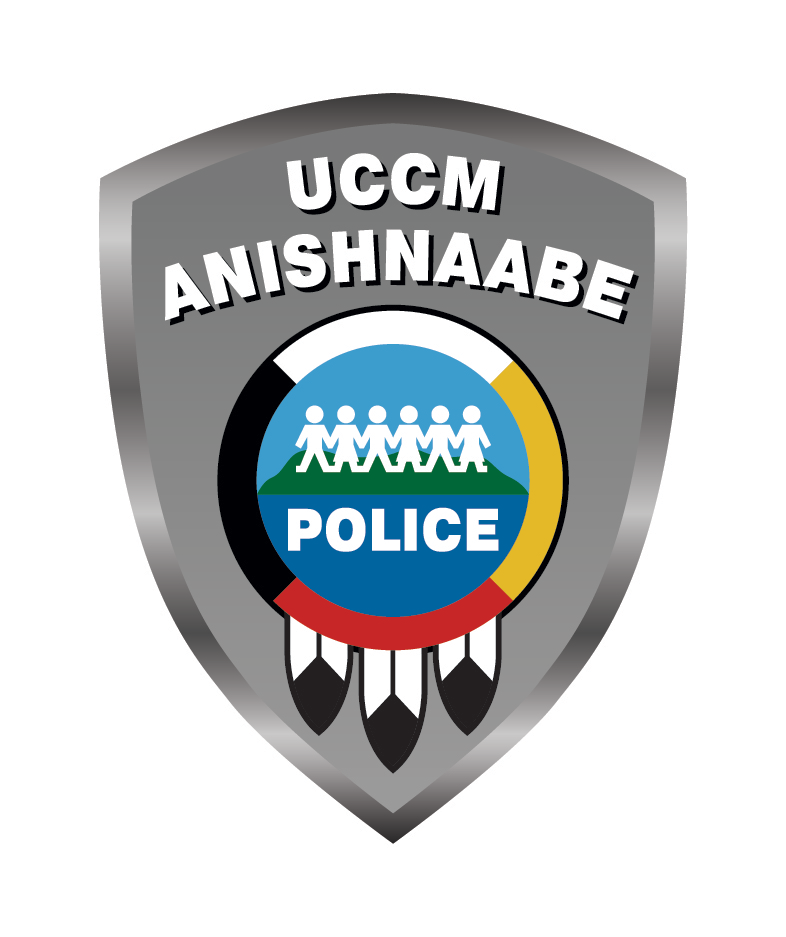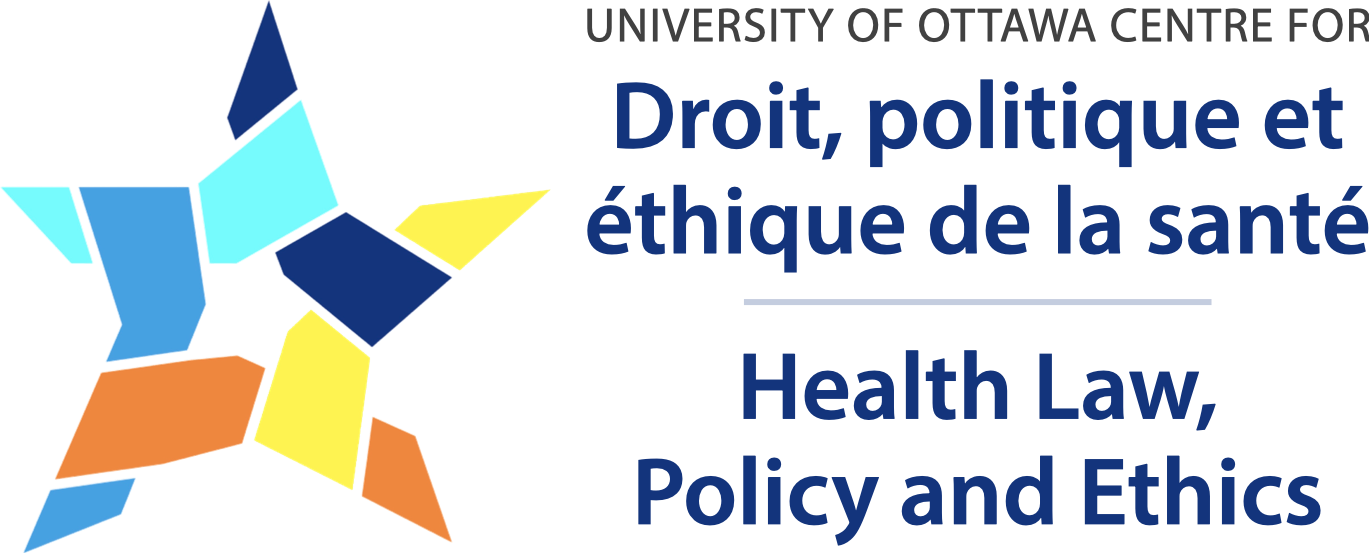The Masterclass on Women, Police and Security: Global Perspectives and Challenges will deliver a crucial contribution to advancing the Women, Peace and Security (WPS) agenda, initiated by UN Security Council Resolution 1325 (UNSCR 1325), in its 25th anniversary year in 2025.
Hosted in-person and online out of the University of Ottawa, this Masterclass is an opportunity for practitioners, professionals, scholars and students to engage in meaningful discussions regarding progress, challenges and lessons learned from diverse international perspectives.
The Masterclass has a special focus on policing as it is held in conjunction with the Seventh International Law Enforcement and Public Health Conference (LEPH2025), while also addressing the wider peace and security aspects of UNSCR 1325.
Convenor and facilitator, Melissa Jardine, PhD, will introduce participants to an Appreciative Inquiry framework through which the key topics will be explored during group sharing and developing outputs from the Masterclass at an individual and group level.
What does ethical and inclusive leadership look like in practice, and how can partnerships and community-driven approaches strengthen safety and security outcomes, both locally and globally?
Learning outcomes for participants:
- Identify key characteristics of ethical and inclusive leadership in policing and peacebuilding, with reference to global and local examples.
- Describe how effective partnerships with communities, civil society, and cross-sector actors contribute to safer, more equitable security outcomes.
- Apply principles of community engagement to their own work or context, identifying opportunities for co-leadership and shared decision-making.
Who produces knowledge in the fields of policing, safety and gender, and how can we diversify both the voices and the methods involved?
Learning outcomes for participants:
- Critically assess who currently produces knowledge about policing, safety, and gender, and whose voices are often excluded.
- Explore diverse methods of knowledge production and practice-based approaches relevant to women, policing and security.
- Formulate strategies for inclusive and ethical research design that amplify underrepresented perspectives and are applicable to policy and practice.
What are some examples of effective policy and system-level initiatives for advancing gender responsiveness in policing and security, and how can they be adapted across contexts?
Learning outcomes for participants:
- Identify policy and system-level reforms that have successfully advanced gender-responsive policing and public safety.
- Analyse the enabling factors behind successful reforms, such as leadership, data, accountability, or community participation.
- Propose adaptations of promising practices to their own organisational, regional, or national contexts.
How can we address gender-based violence through an intersectional lens that reflects diverse identities and experiences?
Learning outcomes for participants:
- Define intersectionality and its relevance to understanding and responding to GBV in policing and peacebuilding contexts.
- Assess how GBV affects different groups (e.g., based on race, class, sexuality, occupation, migration status) and how policing responses can reflect this diversity.
- Design or recommend multi-sectoral, survivor-centered responses to GBV that address structural inequalities and barriers to justice.
How can a strengths-based, participatory approach like Appreciative Inquiry help reinvigorate efforts to realise the goals of the WPS agenda in its 25th anniversary year and beyond?
Learning outcomes for participants:
- Explain the principles and phases of Appreciative Inquiry (AI) and how they support gender-transformative change.
- Apply AI to real-world challenges, using its strengths-based approach to engage stakeholders in solution-building.
- Develop individual and collective commitments that contribute to the WPS agenda’s advancement in its 25th anniversary year and beyond.
Benefits for Registered Participants
In-person participation is limited to 50 participants, with an option to join online.
Speakers
AGENDA (TBU)
8.30
Registration
Welcome coffee and tea
9.00-9.30
Session 1: Introduction to the Masterclass
Opening remarks
- Dr Melissa Jardine, GLEPHA Convenor & Speaker
- Myra James, Executive Director, International Association of Women Police, Canada
- Professor Nick Crofts AM, Executive Director, GLEPHA
9.30
Introductions by participants
9:45
Introduction to Appreciative Inquiry
- Dr Melissa Jardine, GLEPHA Convenor & Associate Professor Patricia Griffin, Holy Family University, US
How can a strengths-based, participatory approach like Appreciative Inquiry help reinvigorate efforts to realise the goals of the WPS agenda in its 25th anniversary year and beyond?
A brief introduction to Appreciative Inquiry (AI), a strengths-based, collaborative approach to change that focuses on what works well. Rooted in dialogue and co-creation, AI encourages participants to identify successes, envision possibilities, and design practical strategies for a shared future. This introduction will prepare the participants for the group discussions on Day 2.
10.30
Morning tea
11.00
Session 2: Leadership, partnerships and community engagement
This session explores the critical importance of leadership, partnerships and collaboration between multiple communities, including policing and justice professionals, community leaders, etc. in advancing gender equity, community safety and wellbeing. Participants will learn about cultural safety and trauma-informed responses.
Moderator: Associate Professor Patricia Griffin, Holy Family University, US
Presentations:
- ‘Lighting the Fire Within (LTFW) – Sharing Connection and Community’
- Taylor Sayers, Director of Corporate Services, UCCM Anishnaabe Police Service, Canada
- Sergeant James Panamick, UCCM Anishnaabe Police Service, Canada
- Ethical leadership in times of uncertainty – Dr Kutisha Ebron, Affiliate Faculty, Southern New Hampshire University, US
- Q&A
12.00
Lunch
1.00
Session 3: Expanding knowledge production
This session explores how to expand knowledge production on gender and policing by challenging monolithic narratives and emphasising inclusive methodologies that reflect diverse roles, identities, and experiences globally. It also highlights the importance of researcher positionality and reflexivity in shaping ethical and context-sensitive approaches to studying policing and gender.
Moderator: Dr Melissa Jardine, GLEPHA Convenor & Speaker
Panel session:
- Understanding Pakistani Female Police Officers: Moving Beyond the Monolith – Dr Sadaf Ahmed, Lahore University of Management Sciences, Pakistan
- Researching gender and policing – Professor Jyoti Belur, University College London, UK
2.00
Short comfort break
2.15
Session 4: Promising practices in policy, systems, and structural reform
This session explores promising practices in advancing women and people of diverse backgrounds in policing and uniformed services through policy and structural reform, featuring the 30Forward initiative and strategies for amplifying women’s voices in change processes through innovative research and programmatic approaches, with insights from the Centre of Excellence for Equity in Uniformed Public Services.
Moderator: Lisa D. Jackson, Owner and Principal of Jackson Fox Consulting / Board of Director, International Association of Women Police
- Structural reform: Hearing women in programmes of change – Professor Emma Williams, Director – Centre of Excellence for Equity in Uniformed Public Services & Professor in Applied Research in Uniformed Public Services
- Advancing Women in Policing: The 30Forward Initiative – Inspector Valarie Gates, Barrie Police Service, Ontario
3.15
Short comfort break
3.30
Group work A: Using Appreciative Inquiry to advance the women, police/peace and security agenda
AI: Discovery phase
AI: Dream phase
Plenary sharing 4 x groups
5.00
Close
8.00
Arrival
8.30
Session 5: Intersectional approaches to gender-based violence
This session highlights intersectional approaches to gender-based violence through case studies from South Africa, Australia, and Kenya, examining how identity, geography, and institutional roles influence experiences of violence and shape collaborative, rights-based responses.
Moderator: Dr Kutisha Ebron
- LGBTQ+ intimate partner violence in Australia – Alex Workman, GLEPHA / University of Western Sydney, Australia
- The underbrush of power: Culture, women rangers, gender-based violence and systems of social control – Associate Professor Patricia Griffin, Holy Family University, US
- Collaborative cooperation between Law Enforcement and Women who use Drugs in Rural and Remote regions of South Africa – Julie MacDonnell, Human Rights and Harm Reduction Consultant, SANPUD, South Africa
10.30
Morning tea
11.00
Group work B: Using Appreciative Inquiry to advance the women, police/peace and security agenda
- Introduction
AI: Design phase
AI: Destiny phase
Plenary sharing 4 x groups
12.30
Close
- Report back, final discussion
- Next steps
- Lunch
Note: On eventbrite ticketing page, click the “Get tickets” button and scroll down to “Add-ons”. You can register for this pre-conference event with or without registering for the main conference.
DATES & VENUE
12-13 July 2025
University of Ottawa, Canada
REGISTRATION FEE
(Until 8 July 2025)
GLEPHA, IAWP members and students: CAD$175
Non-member: CAD$215
ONLINE ATTENDANCE FEE
Non-member: CAD$80
GLEPHA, IAWP members and students: CAD$50
CAD$5 from each registration will be donated towards the Amuka Foundation (Kenya).
CATERING
DAY 1:
Coffee and tea on arrival, morning tea, lunch, afternoon tea
DAY 2:
Coffee and tea on arrival, morning tea, lunch
CONTACT
For more information, contact:
Melissa Jardine, PhD
Convenor, GLEPHA Fellow
jardinem@unimelb.edu.au
AUDIENCE
The main audience for the Masterclass includes local and international delegates who are also likely joining the main LEPH2025 conference, including police and law enforcement officials, academics, civil society representatives and a range of experts on gender equality, human rights and gender-based violence.









